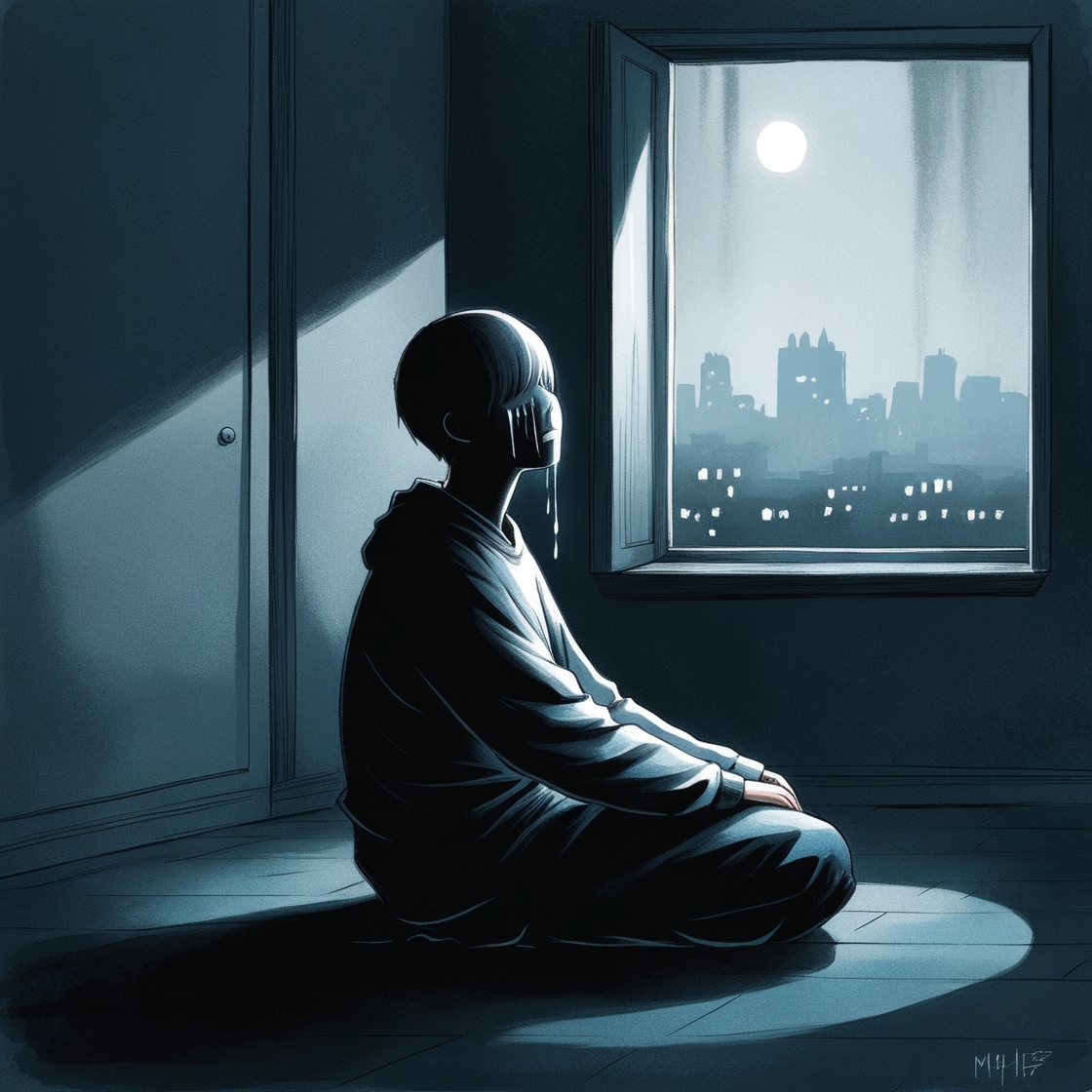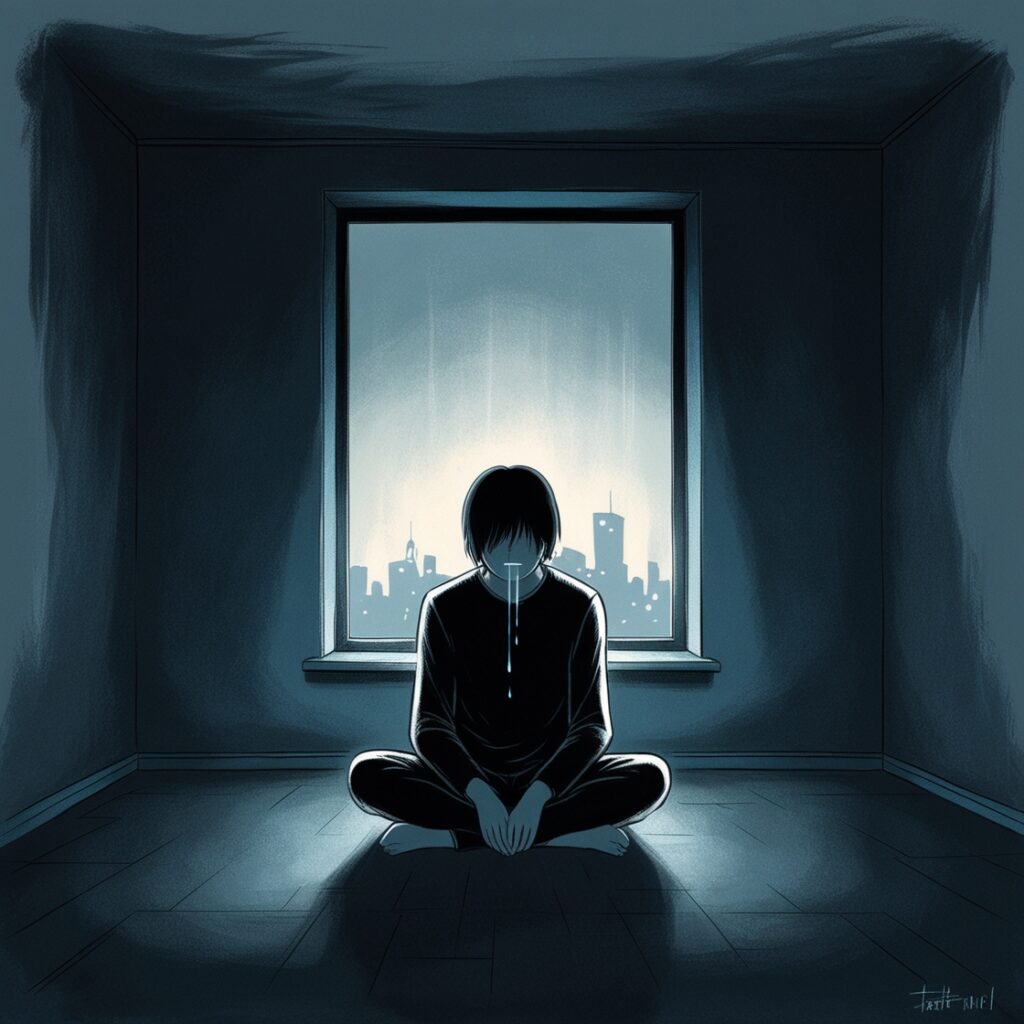
Major Depressive Disorder (MDD) commonly known as depression is a psychological condition characterized by the following: persistent feelings of sadness, loss of hope, aversion or anhedonia, which refers to a loss of interest or pleasure in activities that were once interesting. MDD can influence everyday functioning; its impact is more pervasive than mood itself and has consequences in the body, social relationships, and overall life.
The symptoms of MDD are not a mere feeling of being “down” for a few days; they persist for at least two weeks, but can last much longer and can very significantly impair one’s ability to work, study, sleep, and perform other everyday activities.
1. Major Depressive Disorder Symptoms.

Everyone is different, but tend to fall into several categories
1.1Emotional Symptoms
– Persistent feelings of sadness, emptiness, or hopelessness
– Irritability or frustration, even over small matters
– Loss of interest or pleasure in most activities (anhedonia)
– Feelings of worthlessness or guilt, often excessive or inappropriate
– Difficulty concentrating, making decisions, or remembering things
– Thoughts of death or suicide, or attempts at suicide
1.2. Physical Symptoms
– Severe weight loss or gain, or anorexia (usually accompanied by decreased interest in food)
– Poor sleep, or excessive sleepiness (hypersomnia)
– Feeling weak, either physically or emotionally, even after rest
– Inability to make coordinated movements or speak appropriately (psychomotor retardation)
– Pain, ache, discomfort, headache, or other organic symptoms not adequately accounted for by physical examination
1.3. Psychotic Symptoms
– Recurring negative thoughts and thought patterns (for example, “I am not good enough,” “The world is hopeless”)
– Trouble concentrating or making decisions
– Trouble remembering things or processing information
2. Major Depressive Disorder Diagnosis

2.1. Clinical Assessment
A doctor, psychiatrist, or mental health professional conducts an interview to understand your symptoms and their impact on your life. They use standardized questionnaires to assess the severity of symptoms.
2.2. DSM-5
Diagnostic Criteria Diagnosis of MDD, as per the DSM-5 (Diagnostic and Statistical Manual of Mental Disorders, 5th Edition), is made on the basis of the presence of at least five of the following symptoms, including either depressed mood or loss of interest/pleasure, for at least two weeks, and must also cause significant distress or impairment in social, occupational, or other important areas of functioning.
3. Causes and Risk Factors
Depression is a complex disorder and is predisposed by multiple factors including:
3.1. Genetics
A family history of depression makes an individual predisposed to MDD. This does not support the notion that MDD is solely genetic. Environmental and lifestyle factors highly impact people who have this predisposition.
3.2. Biological Factors
3.2.1. Brain chemistry: primarily, imbalances of neurotransmitters such as serotonin, dopamine, and norepinephrine are thought to contribute to depression.
3.2.2. Hormonal imbalance : Any significant change in the level of hormones, such as in pregnancy and postnatal states, menopause, or in conditions of thyroid disorder, causes or even leads to depression.
3.2.3. Neuroplasticity: Severe stress or long-term depression changes some regions of the brain, mainly those that deal with controlling emotions, memory, and the capacity to make a decision, such as the hippocampus.
4. Psychological Causes
4.1. Distorted thinking patterns
Cognitive distortions, such as all-or-nothing thinking, catastrophizing, cause and sustain depression.
4.2. Trauma or abuse
Childhood abuse, loss of a loved one, or other significant trauma may predispose a person to depression.
4.3. Chronic stress
Exposure to long-term stressors, for example, financial problems, work-related pressures, or difficulties in relationships, may predispose a person to depression.
5. Environmental Factors
5.1. Life events
Stressful or traumatic life events, such as a breakup, job loss, or financial difficulties, can cause depression.
5.2. Social isolation
Lack of support systems or experiencing loneliness or isolation can further amplify depressive symptoms.
5.3. Socioeconomic factors
Being a product of poverty, lack of accessibility of good healthcare, or living in a deprived environment increases the potential for depression.
6. Consequences of Major Depressive Disorder
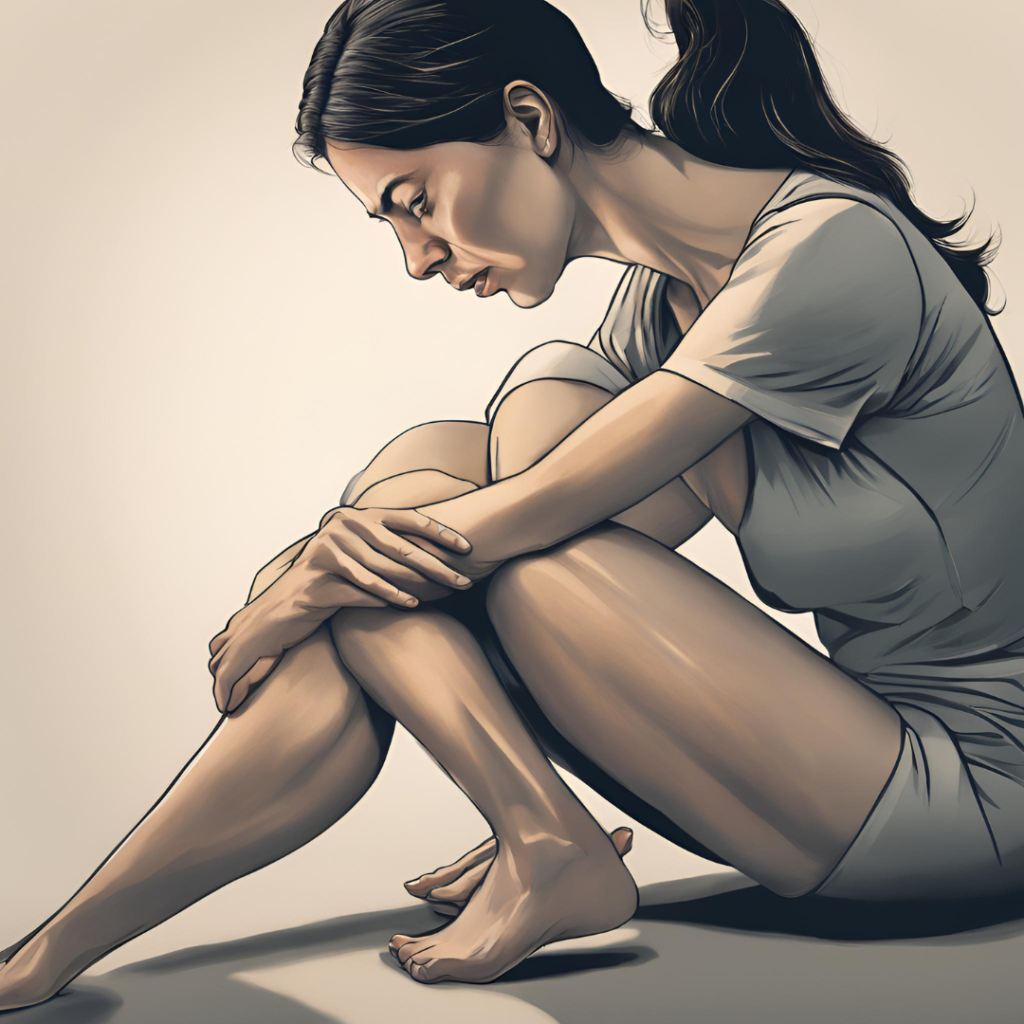
If not treated, MDD can produce some very severe complications. They are as follows:
6.1. Suicide
Depression is listed as one of the leading causes of suicide around the world. Thoughts of death and suicidal thoughts are taken as major symptoms that must be taken seriously.
6.2. Impairing Functioning
Depression affects working, school, or social relationship functioning and hence results in severe interference with one’s life.
6.3. Medical Illness
Depression has been described to cause heart disease, stroke and other chronic illnesses due to the reason that depression works on the immune system, creates inflammation, and hormonal disturbance.
6.4. Co-occurring Disorders
Generally, depression is caused by another mental disorder as anxiety, substance use disorder, eating disorder, etc.
7. Major Depressive Disorder Treatment
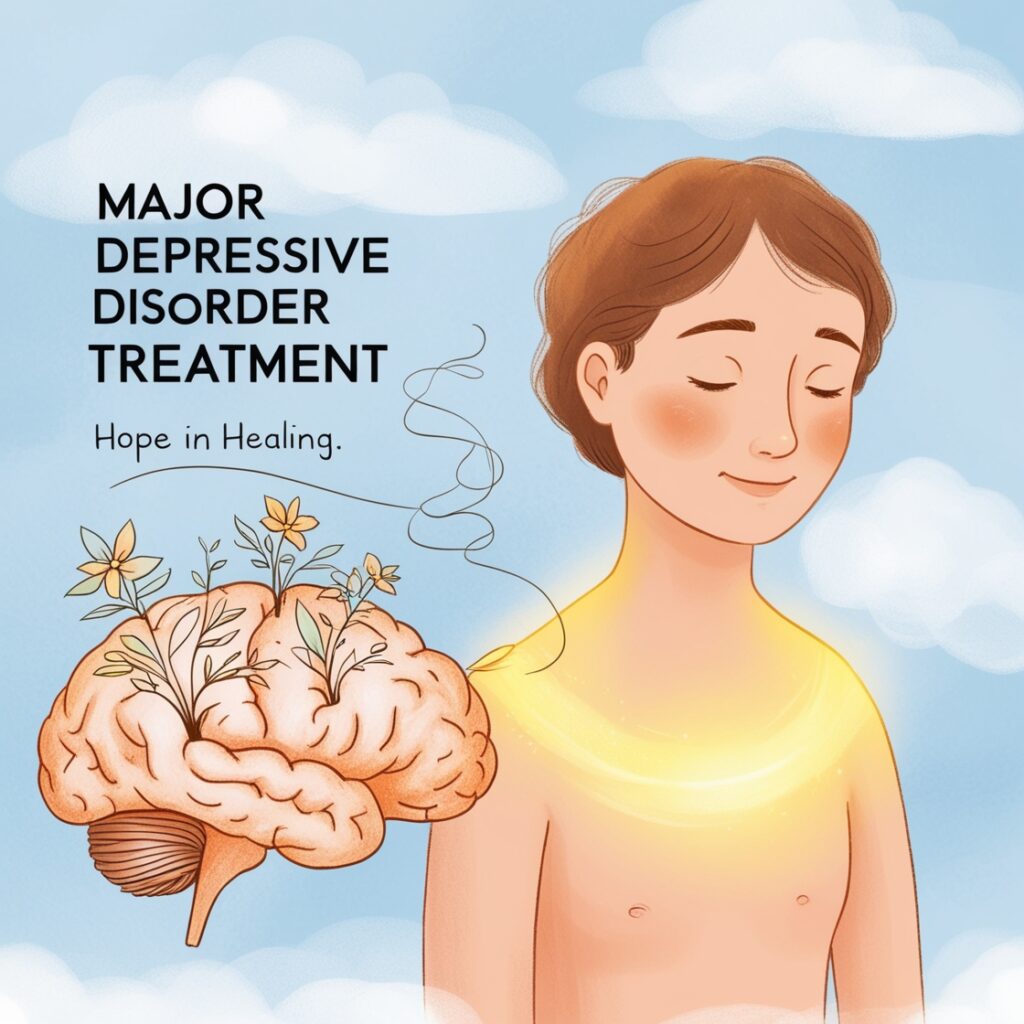
7.1. Psychotherapy, Talk Therapy:
7.1.1. CBT: arguably the most widely applied and best-proven therapy for depression is CBT, which addresses identification and challenge of negative thought patterns and behaviours that contribute to depression.
7.1.2. IPT: This type of therapy centers on improving relationships and solves interpersonal problems that might be responsible for depression.
7.2. Psychodynamic Therapy
To resolve unconscious conflicts that may be part of the problems with which patients are presenting themselves for help.
7.2.1. Medication
7.2.1.1. Antidepressants
Those that restore chemicals in the brain may provide the most useful relief against depression. There are two broad classes of drugs.
7.2.1.2. SSRIs
Selective Serotonin Reuptake Inhibitors. Examples: fluoxetine (Prozac), sertraline (Zoloft)
7.2.1.3. SNRIs
Venlafaxine (Effexor), duloxetine (Cymbalta)
7.2.1.4. TCAs
Amitriptyline, nortriptyline
7.2.1.5. Atypical Antidepressants
Bupropion (Wellbutrin), mirtazapine (Remeron)Medication generally will take 4-6 weeks to be fully in effect, and often there needs to be trial and error of different medication to discover what works.
8. Lifestyle Changes and Self-Care

8.1. Exercise
Regular exercise improves mood through increased endorphins and serotonin in the brain.
8.2. Healthy Diet
High levels of omega-3 fatty acids, folate, and B-vitamins help in healthy brain functioning and improvement of mood.
8.3. Sleep Hygiene
Good sleep hygiene is also important for maintaining good mental health; therefore, adequate rest is essential.

8.4. Mindfulness and Meditation
Mindfulness practices like meditation, yoga, and deep breathing reduce stress and help in emotional regulation.
8.5. Social Support
Friends, family, or support groups can be very helpful in overcoming loneliness and providing emotional support.
9. Alternative Therapies
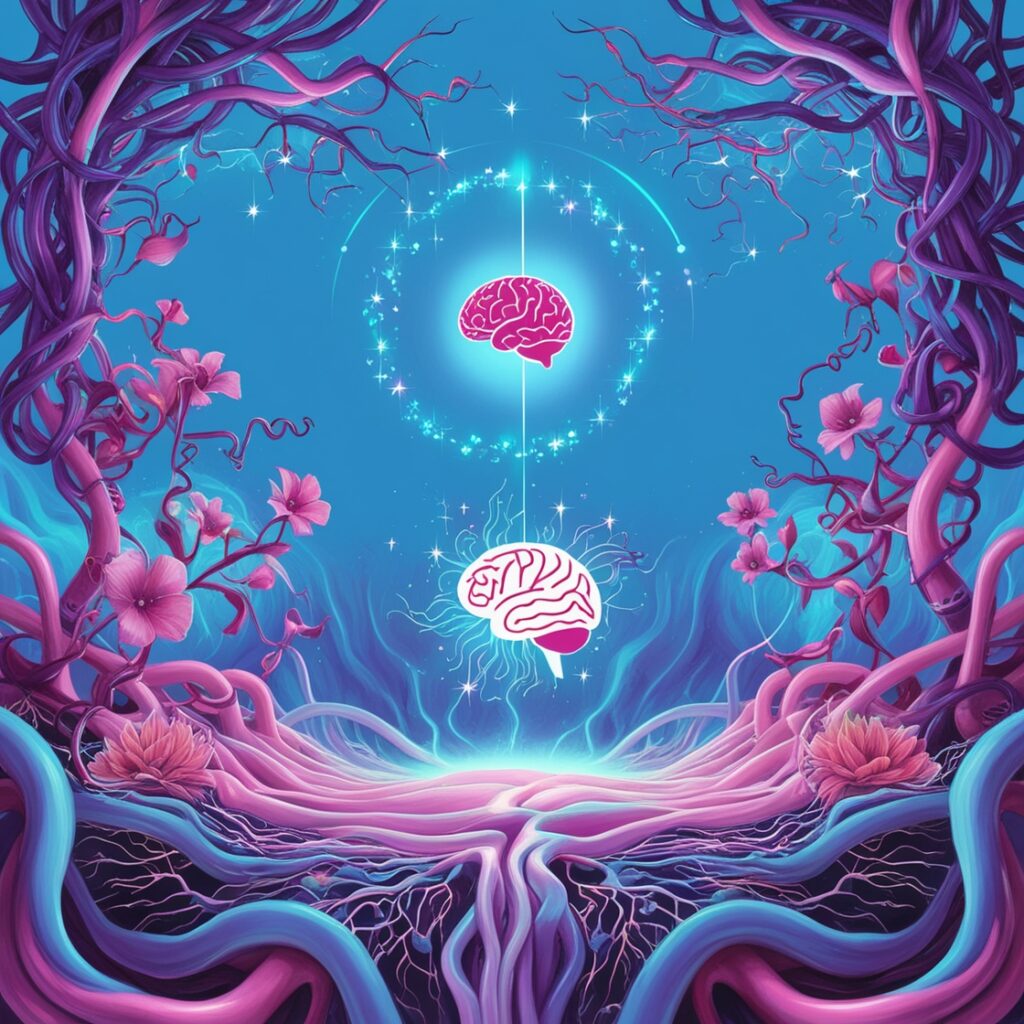
9.1. Electroconvulsive Therapy (ECT)
In those patients who do not respond to medication or therapy, ECT is often a very effective treatment for severe depression.
9.2. Transcranial Magnetic Stimulation (TMS)
A non-invasive procedure that uses magnetic fields to stimulate areas of the brain involved in mood regulation.
9.3. Ketamine and Psychedelic Therapy
There are newer treatments such as infusion therapy using ketamine or psychedelics (such as psilocybin), but this remains very new and only very limited research exists so far for the treatment-resistant depression.
10. Treating Depression
The management of major depressive disorder is always multilevel and, in general, requires more than one treatment and maintenance. The sooner one seeks help; the easier it is to treat the condition because depression is highly treatable. An early intervention leads to a better prognosis and prevents the progression of the condition. Other important things include a supporting network of friends and family and regular follow-ups with mental health professionals to review progress and make any necessary changes to the treatment plan.
Call a medical treatment center for yourself or anyone you know suffering from depression with suicidal tendencies or self-mutilation, using your medical provider or suicide prevention line.
Conclusion
Major Depressive Disorder is a serious, though very treatable illness that affects millions of lives worldwide. Proper diagnosis and right treatment, combined with support, can truly help manage the symptoms so that one can lead a fulfilling life. If you or someone close to you is suffering from this all too debilitating condition of depression, seek help to start on the road to healing.
This information is written by
Mr. Suhas Dadarao Avhad
Author and CEO (www.usahealthy.net)


